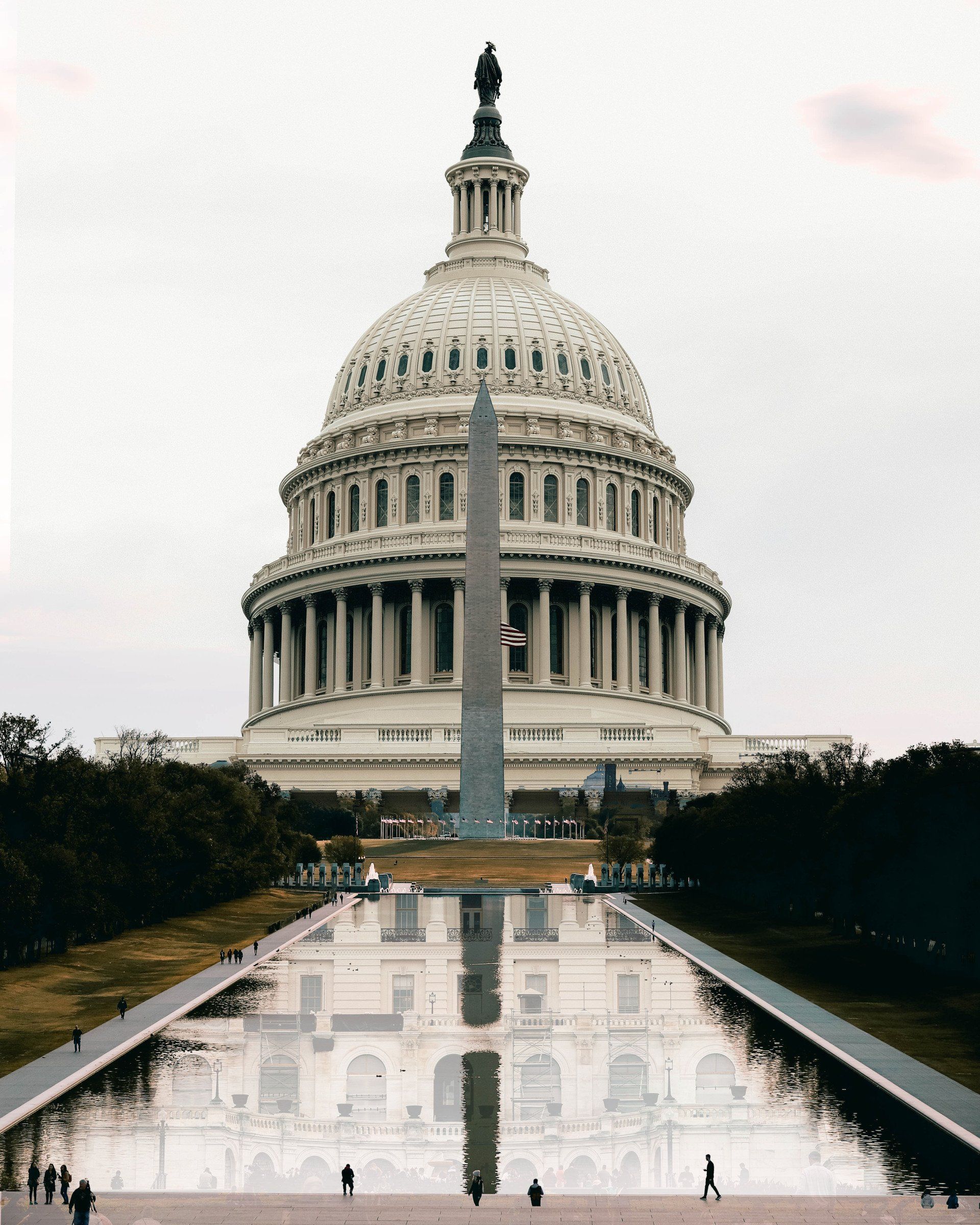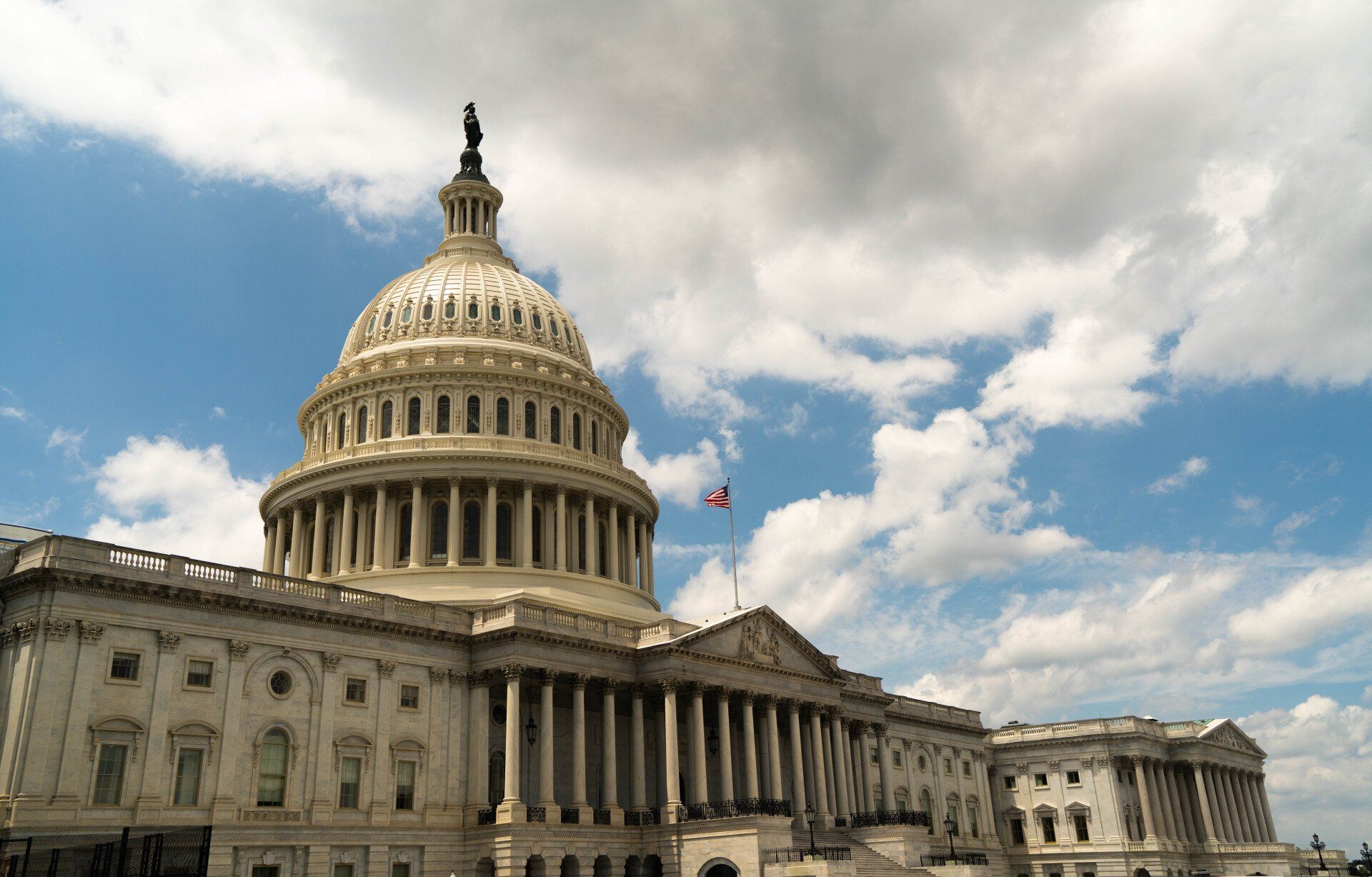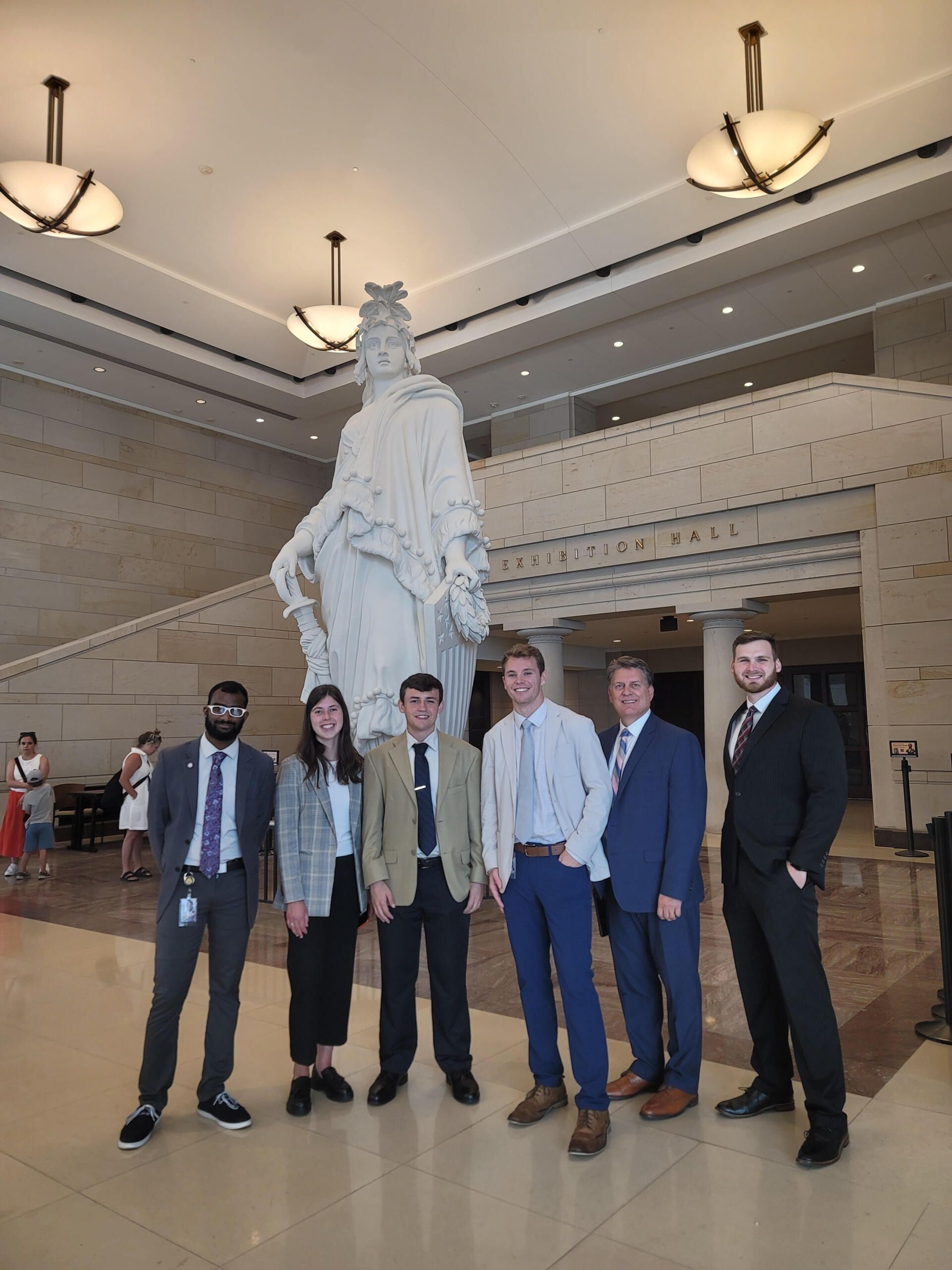Chairman's Corner: The Inflation Reduction Act?
As we look forward to November and the midterm elections, one topic seems to be on the minds of all Americans, inflation. For Americans, inflation is different than any other political issue. That is due chiefly to the fact that it is felt on a personal level. It is felt when you go to put gas in your car. It is felt when you are trying to put food on the table. It is felt when you must live with the constant insecurity of whether an unexpected expense will drive you into debt. Inflation is the definition of a “kitchen table” issue. It is hard to be concerned about secondary issues like climate change or partisan talking points when you are living paycheck to paycheck.
With this being the case, Congress and the Administration need to be making every effort to tamp down inflation and provide Americans with the peace of mind that things will get better soon. However, the efforts currently being made by the Administration and the majority in Congress consistently fall short and, in some cases, only exacerbate the problem. Take the “Inflation Reduction Act” for example. Despite the appealing name, economists have determined the $739 Billion bill will do nothing to reduce near-term inflation. In fact, University of Pennsylvania economists behind the Penn Wharton Budget Model state the legislation’s likely impact on inflation is "statistically indistinguishable from zero." The Congressional Budget Office has also reviewed the bill and concluded it would have a "negligible" impact on inflation over the next two years. With these facts being what they are, can we really call this bill the “Inflation Reduction Act”?
If the “Inflation Reduction Act” does not reduce inflation, then what does it do? What are the key policies this act will implement? For the most part, the bill covers climate issues, health care, green energy, and tax enforcement. One must ask the obvious question; are these really the issues Americans are worried about during record high inflation rates? The bill will also raise taxes on American families, manufacturers, and energy producers. These measures do nothing to relieve the struggles of everyday Americans and may work only to exacerbate them.
However, perhaps the most concerning provision in the bill is the addition of 87,000 new IRS agents. The administration claims these additional agents will be used to ensure rich corporations and individuals “pay their fair share”. However, I have seen first-hand that this is simply not the case. During my first 8 years in Congress, the Clinton administration also expanded the IRS. I saw many of my constituents impacted by the aggressive nature of this expanded IRS, many of whom were average middle-class families. I am deeply concerned that history will repeat itself and this IRS hiring binge will see middle-class families targeted at a time when they are already struggling economically. Congress needs to put forward real solutions to fight inflation and ease the burden that the citizens of this country are feeling each and every day. How can we expect the American people to support the “world-changing” policies outlined in this bill when they are struggling to afford the bare necessities of life?




